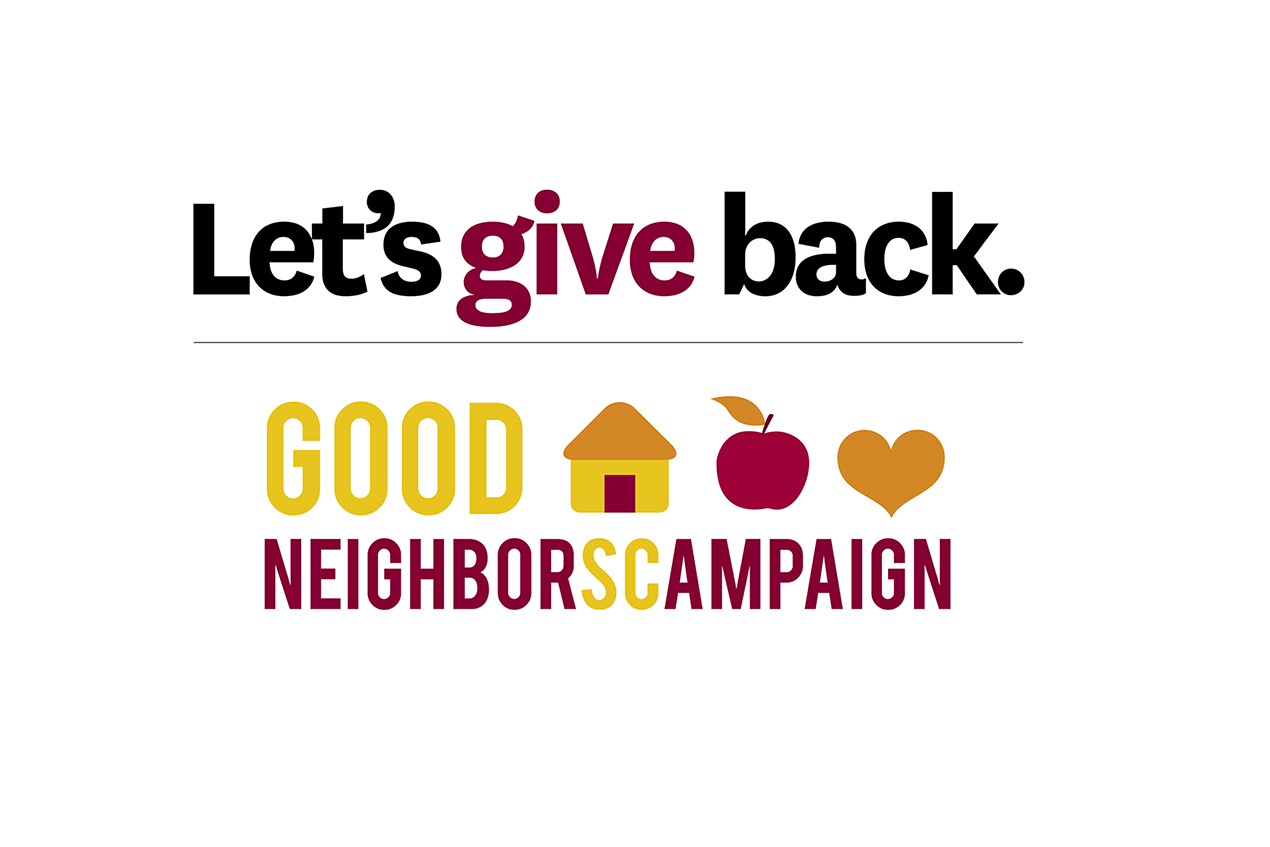By the end of December, the USC Good Neighbors Campaign will mark its 28th year providing employee-donated funds and volunteer hours to organizations that support the communities surrounding the Health Sciences and University Park campuses.
USC employees may contribute to the current campaign until Dec. 31.
Each year, the Good Neighbors Campaign identifies recipient organizations across several service categories — including arts, education, STEAM, health, food access, services for the unhoused, community safety, social enterprise programs and workforce training — to receive grant funds.
“Keck Medicine’s support of the Good Neighbors Campaign funds impactful community-serving partnerships,” said Samuel Garrison, senior vice president, USC University Relations. “From STEAM education in local schools to providing mental health support for families, dozens of neighborhood programs are made possible by the generosity of USC employees.”
A legacy of community collaboration
Since its founding in 1993, the Good Neighbors Campaign has raised over $28 million in employee contributions that have benefitted over 1,000 different grant recipients.
“The power of Good Neighbors to bring us together as a university with our community is reflective of our shared values of caring for one another, and creating equity and access,” said Carolina Castillo, executive director of development for USC Civic Engagement and Economic Partnerships, and the USC Good Neighbors Campaign director.
“It’s definitely a point of pride for the university and all of us who work at USC.”
In the campaign’s first year, employee contributions went solely to the United Way, an ongoing partner. In 1994, contributions then began to fund the university campaign directly, and in 1995, the current grant system commenced.
This year, more than 60 organizations received awards thanks to employee contributions. Organizations receive 100% of the contributed funds, and 100% of the donated funds are tax deductible for employees.
Donating time and talent
University employees also have the option to volunteer service hours or professional expertise to community organizations included in the campaign’s grants that are seeking volunteers.
“If there are medical professionals who would like to partner with a program to do health screenings with families or talk about healthy eating, for example, there are any number of opportunities,” Castillo said.
According to Castillo, the value of employee volunteering leaves a ripple effect in the university’s surrounding communities, creating a benefit that can last generations.
“By impacting a student, we’re also impacting a brother or sister; we’re impacting a mom, a dad, a grandmother, and when they return to their communities, that impact continues to touch others,” Castillo said.
For a complete list of the 2022-2023 grantees, visit https://sites.usc.edu/goodneighbors/2022-2023-grantees.
For more information or to give online, visit goodneighbors.usc.edu. For mobile giving, text “GNC” to the number 41444.
To volunteer, email neighbor@usc.edu.
—Michael Juliani


